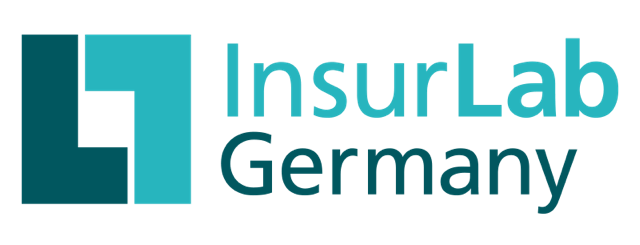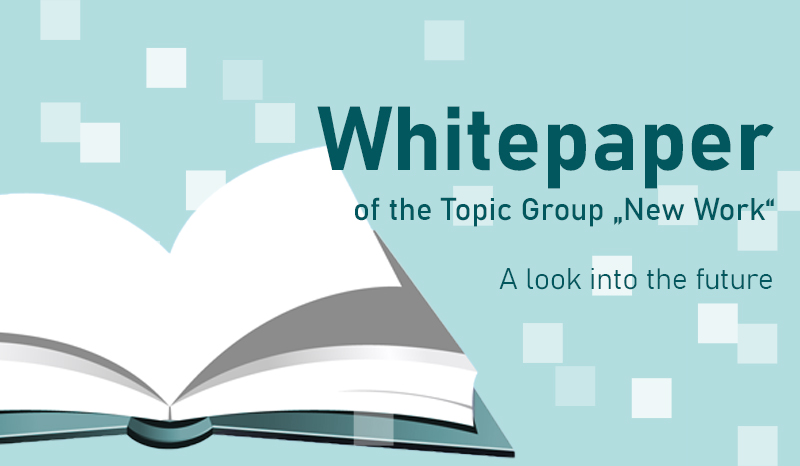It's Monday morning and you walk into your company. As you walk past the many different spaces for agile and creative work, you mentally go through your calendar. Meetings are on the schedule, after all, they are the main reason to come into the company today. The focus of an office day is on networking, training & events, creative elaboration in workshops but also to decide critical issues. Silent work, on the other hand, takes place in the home office, which is why there are no longer any traditional offices. New technologies like robotics and AI help at every turn to make work as uncomplicated as possible. My documents and work tools are in the cloud anyway - which all insurers now use. Because many activities have been replaced by little digital helpers (Robotics & AI), you use the time you've gained mainly for your sabbatical days, working in areas or industries you didn't have time for before. Next week, you'll be presenting a workshop for an NGO - and you're already looking forward to it.
Looking ahead to the world of work in 2025 and beyond requires one thing above all: the courage to start making the necessary changes today. The effects of the covid pandemic on the framework conditions of the world of work should be understood as a unique opportunity for sustainable and future-oriented change, especially within Germany - which leads the way in international comparison with regard to rather traditionally organized SMEs. The perspective on the world of work in 2025 must not and cannot include turning back to the pre-Covid 19 state. Why is it necessary to take such a clear stance when looking at the working world of tomorrow?
- The World Economic Forum gave a striking answer in its "Future of Jobs Report 2020": By 2025, half of all employees will require "re-skilling", i.e. learning new skills, due to the effects of digitalization and further advancing internationalization. In an increasingly fast-changing environment, the expertise of employees is rapidly losing its effectiveness and thus ultimately its (corporate) value. Insurers are therefore well advised to encourage and challenge their employees' search for meaning and creative drive in order to best position them for the working world of tomorrow. Flexible working time and space models that enable work-life blending, which makes work, learning and recovery phases more compatible, are becoming the centerpiece of a new corporate culture. The World Economic Forum assumes that employees will need around half a year to learn relevant new skills. Companies should therefore develop explicit support and integration into working time models over the next twelve months.
- The advancing digitization of today's activities will eliminate jobs in part or in full, so companies not only have a responsibility to familiarize their workforces with the knowledge needed to interact with digital applications, but should also rethink traditional working time models at this point. Changing the use of the 40-hour week in favor of a 4+1 arrangement that specifically creates space for personal growth in addition to operational work should become standard in a future working world.
- The acquisition of technology-related skills will become a part of day-to-day business for the majority of the corporate workforce and will no longer know an end point. The "Future of Jobs Report 2020" therefore also focuses on skills for the world of work in 2025 that will inspire the application of technological skills and make the company a more resilient system: analytical thinking and innovation, active learning and learning strategies, complex problem solving, critical thinking and analytics, creativity coupled with originality and initiative. These very skills do not emerge overnight and are of essential influence on business operations in the future. Insurers should therefore not be tempted to establish a counter-trend to the self-organization of individuals and teams that flared up during the Covid 19 pandemic, as it is precisely such freedom that trains and sharpens the aforementioned skills.
Those who feel run over or overwhelmed by the forecast at this point feel the positive pain of change. Unfamiliar measures need to be taken so that all employees can follow their personal path to the working world of 2025. Instead of the hundredth variant of operating models, creating lively, mutually supportive networks and making them accessible to all employees is becoming the supreme discipline for managers. Closing gaps together, gaining insights and creating growth - that is the task that the working world of 2025 is already placing on everyone today. 17, 18, 19, 20, 21
Sources:
17 World Economic Forum (2020), https://www.weforum.org/agenda/2020/10/top-10-work-skills-of-tomorrow-how-long-it-takes-to-learn-them/
18 PwC (Pre-Covid-19, 2017), https://www.pwc.ch/en/publications/2017/the-way-we-work-hr-today_pwc-en_2017.pdf
19 Alexander Schimmelbusch (2018): Hochdeutschland
20 Marie-Christine Ostermann, Céline Flores Willers, Miriam Wohlfarth, Daniel Krauss, Andreas M. Rickert (2021): Future Republic, 80 forward thinkers* jump into the year 2030.
21 Frank Dopheide (2021): God is a creative - not a controller
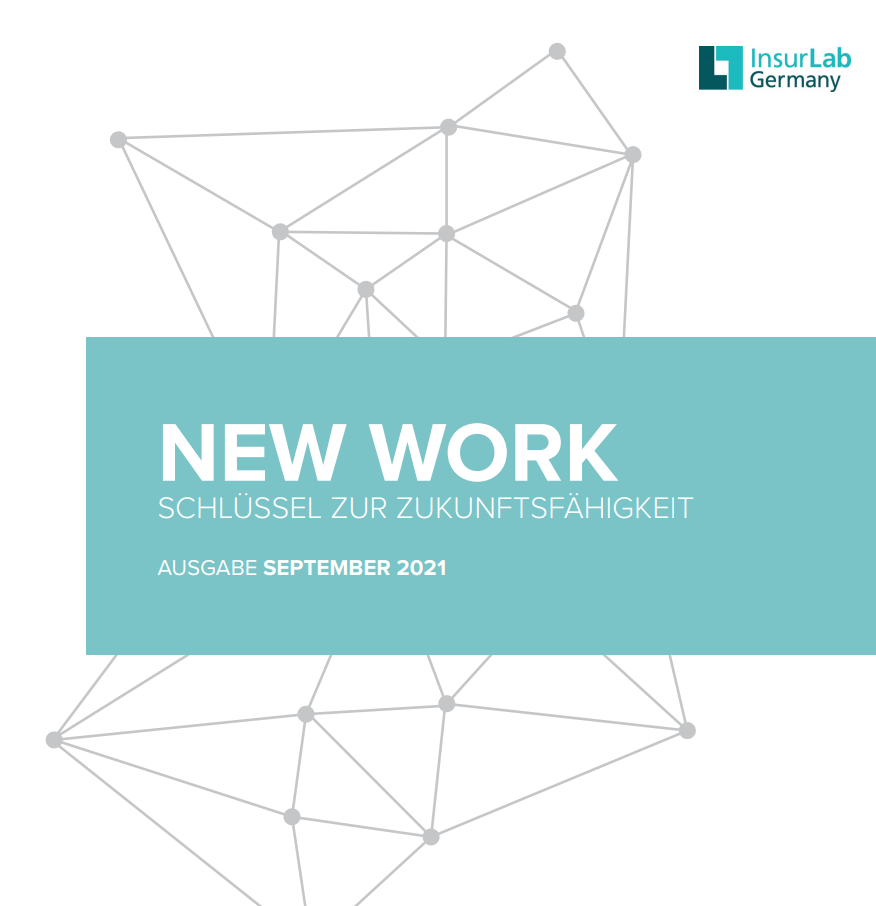
This article is an excerpt from the white paper "New Work: Key to Future Capability", which was set up by our Topic Group of the same name as part of the topic "Digital Transformation >New Work<". Download now!
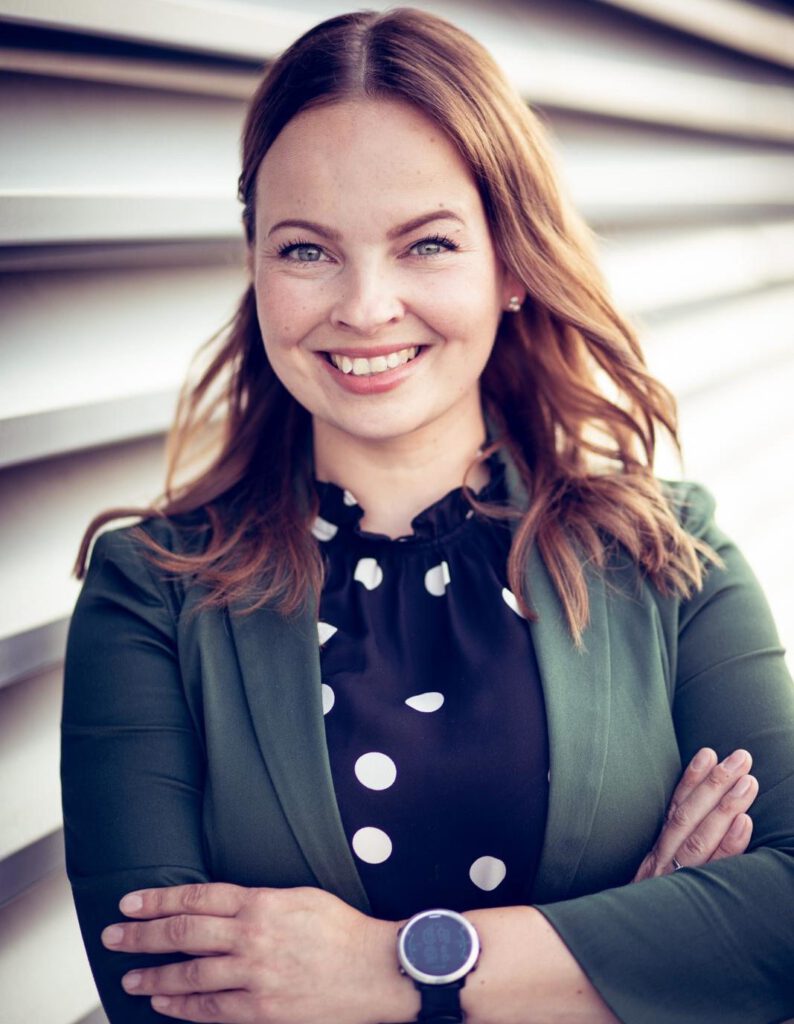
Nadine Ibel
advises the Provinzial Group on innovation and transformation. In this role, she works with internal communities to bring "new ways of work" to life as the driving force behind an appreciative innovation and corporate culture. From her previous positions at Sparkassen Finanzgruppe and FUNKE Mediengruppe, she can draw on experience in dealing with disruptive business model changes. The theoretical basis of the New Work Expert is formed by certifications as a Scrum Master and Innovation Facilitator as well as a specialized Master of Science in Digital Innovation & Business Transformation.
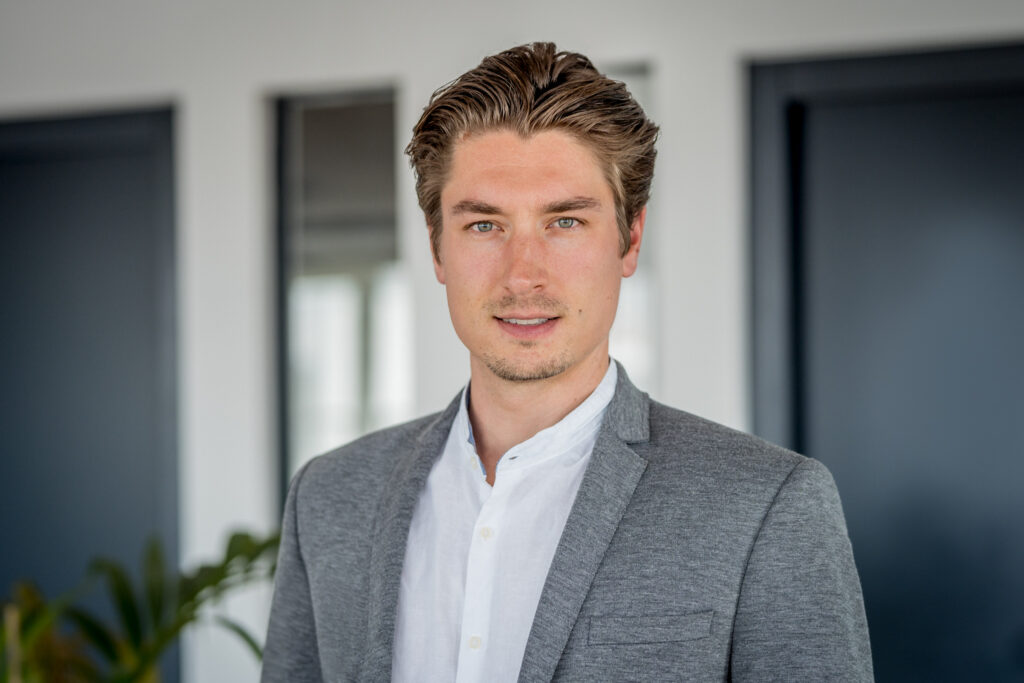
Stefan Schmid
is Senior Corporate Manager at InsurLab Germany and in this role deals with the innovations and innovation needs of the insurance industry. In his role, Stefan coordinates event content, topic groups and projects of InsurLab Germany and participating partners with the aim of strengthening innovation and cooperation in the industry.
